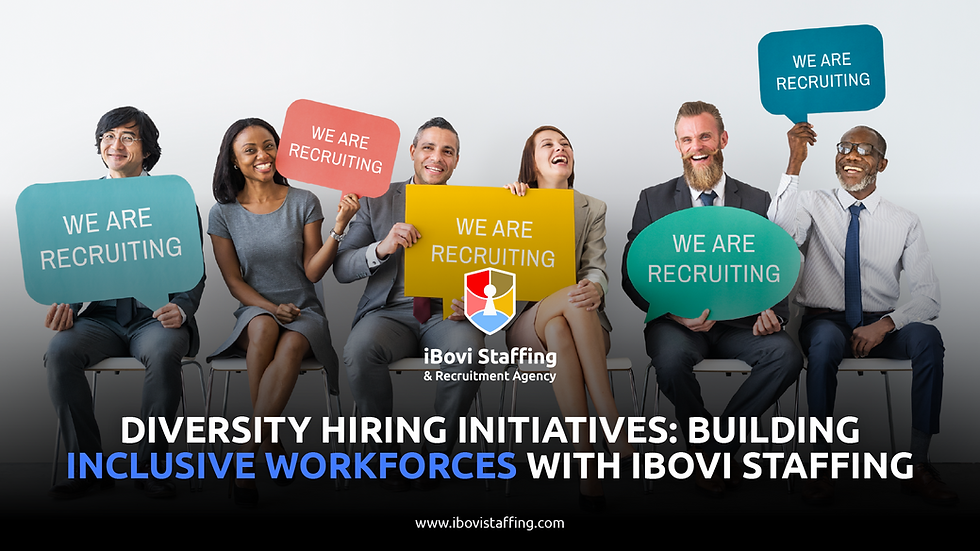Questions to Ask as an Interviewer
- Arnim Sharma

- Jan 30, 2024
- 3 min read
Updated: Feb 27, 2025
Table of Contents:

Introduction
The interviewing process is a crucial step in selecting the right candidate for a position within your organization.
As an interviewer, it's your responsibility to dig deep and gather valuable insights about the candidate's professional background, skills, and overall fit within the team and company culture.
To facilitate a comprehensive assessment, here is a breakdown of essential questions categorized into key areas.
Professional Background and Experience
1. Can you walk me through your professional journey?
Understanding the candidate's career trajectory helps in assessing their growth, achievements, and how well their past experiences align with the requirements of the current role.
2. What challenges have you faced in previous roles, and how did you overcome them?
This question provides insights into the candidate's problem-solving skills, resilience, and adaptability in challenging situations.
3. Can you share a specific accomplishment from your previous job that you're particularly proud of?
Exploring the candidate's achievements allows you to gauge their contributions to previous employers and their ability to deliver results.
Skills and Qualifications
4. How do your skills and expertise align with the requirements of this role?
This question helps in verifying that the candidate possesses the necessary technical and soft skills required for the position.
5. Can you provide an example of how you've applied a specific skill in a real-world scenario?
Requesting practical examples allows you to assess the candidate's ability to translate their skills into tangible results.
6. How do you stay updated with industry trends and advancements in your field?
Understanding the candidate's commitment to continuous learning is crucial, especially in fast-paced industries.
Cultural Fit and Team Dynamics
7. How would you describe your ideal work environment and company culture?
Assessing cultural fit ensures that the candidate aligns with the values and atmosphere of your organization, promoting a harmonious work environment.
8. Can you share an experience where you successfully collaborated with a diverse team?
This question delves into the candidate's ability to work effectively in a team, emphasizing the importance of diversity and inclusivity.
9. How do you handle conflicts or disagreements within a team?
Understanding the candidate's conflict resolution skills helps in predicting how they will contribute to a positive team dynamic.
Also Read: Why Do You Want This Job?
Motivation and Career Goals
10. What motivated you to apply for this position?
Understanding the candidate's motivations reveals if the role aligns with their professional aspirations and long-term career goals.
11. Where do you see yourself professionally in the next 5 years?
This question helps in gauging the candidate's ambition and whether their career trajectory aligns with potential advancement opportunities within your organization.
Final Thoughts and Next Steps
12. Is there anything you'd like to ask us?
Encouraging candidates to ask questions provides insights into their curiosity and interest in the company, and it helps address any lingering concerns they might have.
13. What are the next steps in the hiring process?
Providing clarity on the next steps demonstrates transparency and keeps the candidate informed, creating a positive candidate experience.
Conclusion
As an interviewer, asking the right questions is instrumental in making informed hiring decisions. By covering these key areas, you ensure a holistic evaluation of the candidate's professional background, skills, cultural fit, and motivation.
Remember, a well-prepared set of questions not only assists you in selecting the right candidate but also helps in creating a positive and engaging interview experience for all parties involved.





Comments